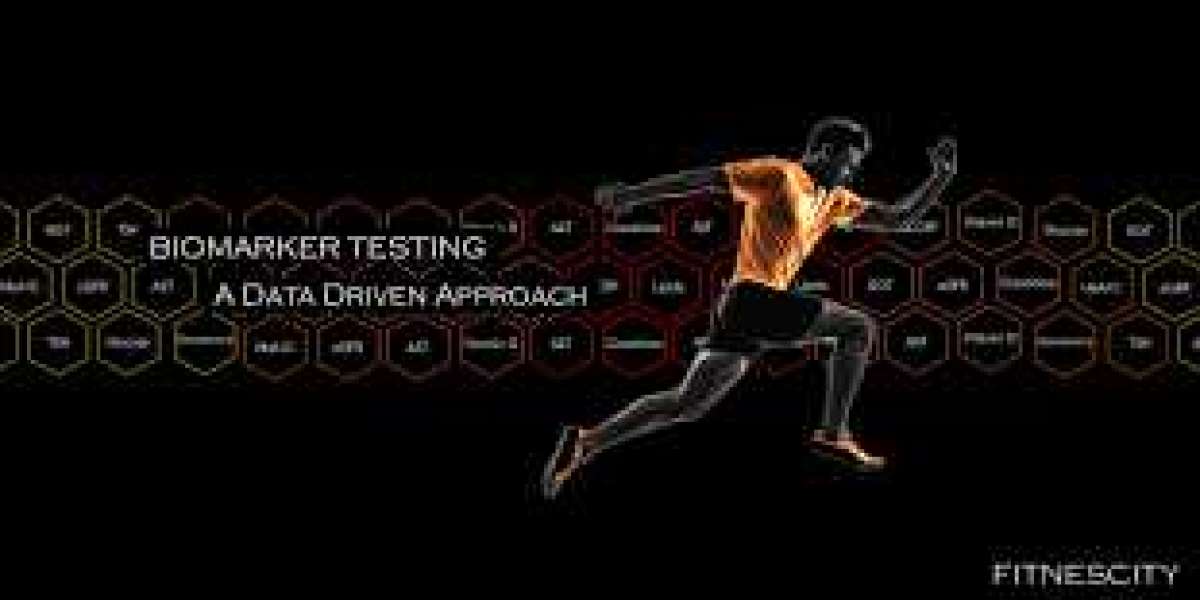Introduction
Athletes constantly seek avenues to enhance their performance and gain a competitive edge. From rigorous training regimens to cutting-edge technologies, the quest for improvement is relentless. In recent years, the realm of sports science has witnessed a significant advancement with the introduction of advanced blood testing. This revolutionary approach, known as the athletic blood test, has reshaped how athletes understand their bodies and optimize their training strategies. In this comprehensive guide, we delve into the intricacies of athletic blood testing, exploring its applications, benefits, and implications for charting athletic success.
Understanding Athletic Blood Testing
Athletic blood testing represents a paradigm shift in sports performance analysis. Unlike traditional methods that focus solely on physical attributes and performance metrics, blood testing provides insights into the internal dynamics of an athlete's physiology. By analyzing various biomarkers present in the bloodstream, practitioners can assess factors such as hydration levels, nutrient deficiencies, hormone balance, and metabolic efficiency. This holistic approach offers a comprehensive view of an athlete's overall health and performance potential.
The Science Behind Athletic Blood Testing
At the heart of athletic blood testing lies the science of biomarker analysis. Biomarkers are measurable substances or indicators present in the blood that reflect physiological processes within the body. These include but are not limited to, hormones, enzymes, electrolytes, and nutrients. By examining the levels and ratios of specific biomarkers, practitioners can uncover valuable information about an athlete's metabolic status, recovery capacity, and susceptibility to injury. This data serves as a roadmap for tailoring training programs, optimizing nutrition plans, and mitigating health risks.
Applications in Performance Optimization
One of the primary applications of athletic blood testing is performance optimization. By identifying biomarkers associated with energy metabolism, such as lactate, glucose, and glycogen, athletes can fine-tune their training intensity and duration to maximize performance gains while minimizing fatigue and overtraining. Additionally, monitoring markers of inflammation and oxidative stress enables athletes to optimize recovery strategies and reduce the risk of injury. Furthermore, hormonal profiling can offer insights into an athlete's adaptive response to training stimuli, informing decisions regarding periodization and workload management.
Nutritional Insights and Dietary Optimization
Nutrition plays a pivotal role in athletic performance, and blood testing can provide invaluable insights into an athlete's nutritional status and requirements. Analysis of key nutrients such as vitamins, minerals, and amino acids can reveal deficiencies or imbalances that may impair performance or predispose to injury. Armed with this knowledge, athletes can tailor their dietary intake to meet specific needs, whether it be optimizing macronutrient ratios for energy production, replenishing micronutrient stores for recovery, or addressing dietary intolerances or sensitivities that may hinder performance.
Hormonal Profiling for Performance Enhancement
Hormones act as chemical messengers that regulate various physiological processes, including metabolism, growth, and stress response. In the context of athletic performance, hormonal profiling offers valuable insights into an athlete's endocrine status and adaptive capacity. By assessing hormone levels such as testosterone, cortisol, insulin, and thyroid hormones, practitioners can gauge an athlete's hormonal balance, stress resilience, and recovery capacity. This information can inform targeted interventions such as hormone replacement therapy, supplementation, or lifestyle modifications to optimize performance and mitigate the risk of overtraining or burnout.
Personalized Training Prescription
One of the most compelling aspects of athletic blood testing is its ability to inform personalized training prescription. Rather than adopting a one-size-fits-all approach, coaches and practitioners can tailor training programs to individual athletes based on their unique physiological profiles and performance goals. By leveraging data from blood tests, athletes can optimize their training volume, intensity, and recovery strategies to achieve peak performance while minimizing the risk of injury or overtraining. This individualized approach represents a paradigm shift in sports coaching, empowering athletes to reach their full potential while prioritizing long-term health and sustainability.
Challenges and Considerations
While athletic blood testing holds immense promise for performance enhancement, it is not without its challenges and considerations. Cost, accessibility, and interpretation of results are among the primary concerns facing practitioners and athletes alike. Furthermore, the evolving nature of sports science and technology necessitates ongoing research and validation to ensure the efficacy and reliability of blood testing protocols. Additionally, ethical considerations regarding the use of biological data and potential implications for privacy and confidentiality must be carefully addressed. Despite these challenges, the potential benefits of athletic blood testing outweigh the drawbacks, offering athletes a powerful tool for optimizing performance and achieving their athletic goals.
Conclusion: Charting a Course for Athletic Success
In conclusion, athletic blood testing represents a groundbreaking approach to performance optimization in sports. By harnessing the power of biomarker analysis, athletes can gain unprecedented insights into their physiology, enabling them to fine-tune their training, nutrition, and recovery strategies for optimal performance. From personalized training prescription to targeted interventions, the applications of athletic blood testing are vast and multifaceted. As the field continues to evolve, athletes and practitioners alike stand to benefit from this innovative tool for charting a course towards athletic success. Embracing the science of athletic blood testing is not just a means to an end but a journey towards unlocking the full potential of the human body in pursuit of excellence on the field of play.








